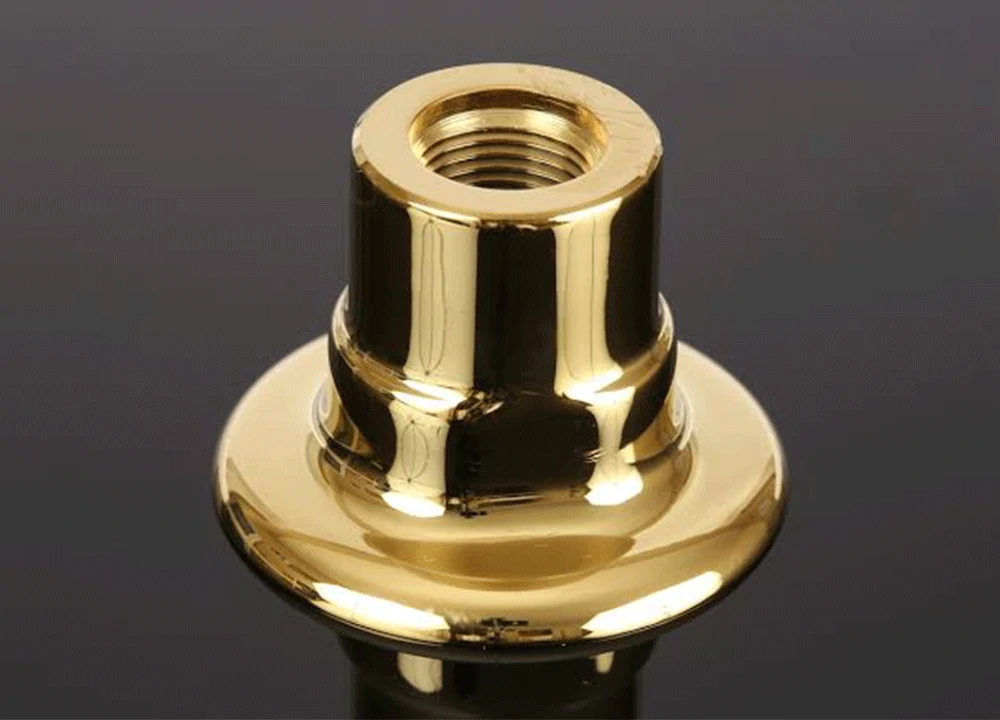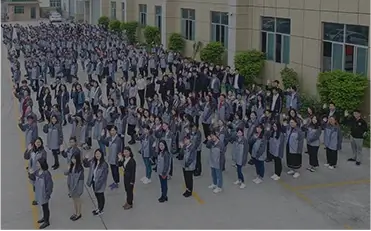POLISHING
Polishing refers to the use of mechanical, chemical or electrochemical action to reduce the surface roughness of the product to obtain a bright and smooth surface. It is the modification of the surface of the product with polishing tools and abrasive particles or other polishing media.
Applicable Materials: PC, PMMA, Steel, Stainless, steel, brass, copper, Aluminum, etc
Texture:Smooth, glossy finish
Surface roughness:Ra 0.2μm / Ra 32μm
Function: Reduce product surface roughness, improve product appearance
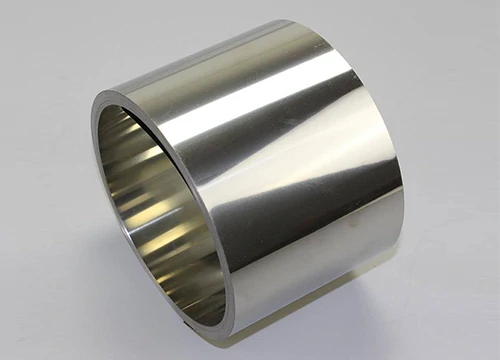
ANODIZING
Anodizing refers to the electrochemical anodizing of metals or alloys. Under the corresponding electrolyte and specific process conditions, aluminum and its alloys form an oxide film on the aluminum product (anode) due to the action of the applied current.
Applicable Materials: Aluminum
Colors: Any RAL code or Pantone number
Thickness: 5-20μm
Function: Make the products not easy to be scratched, not easy to be corroded
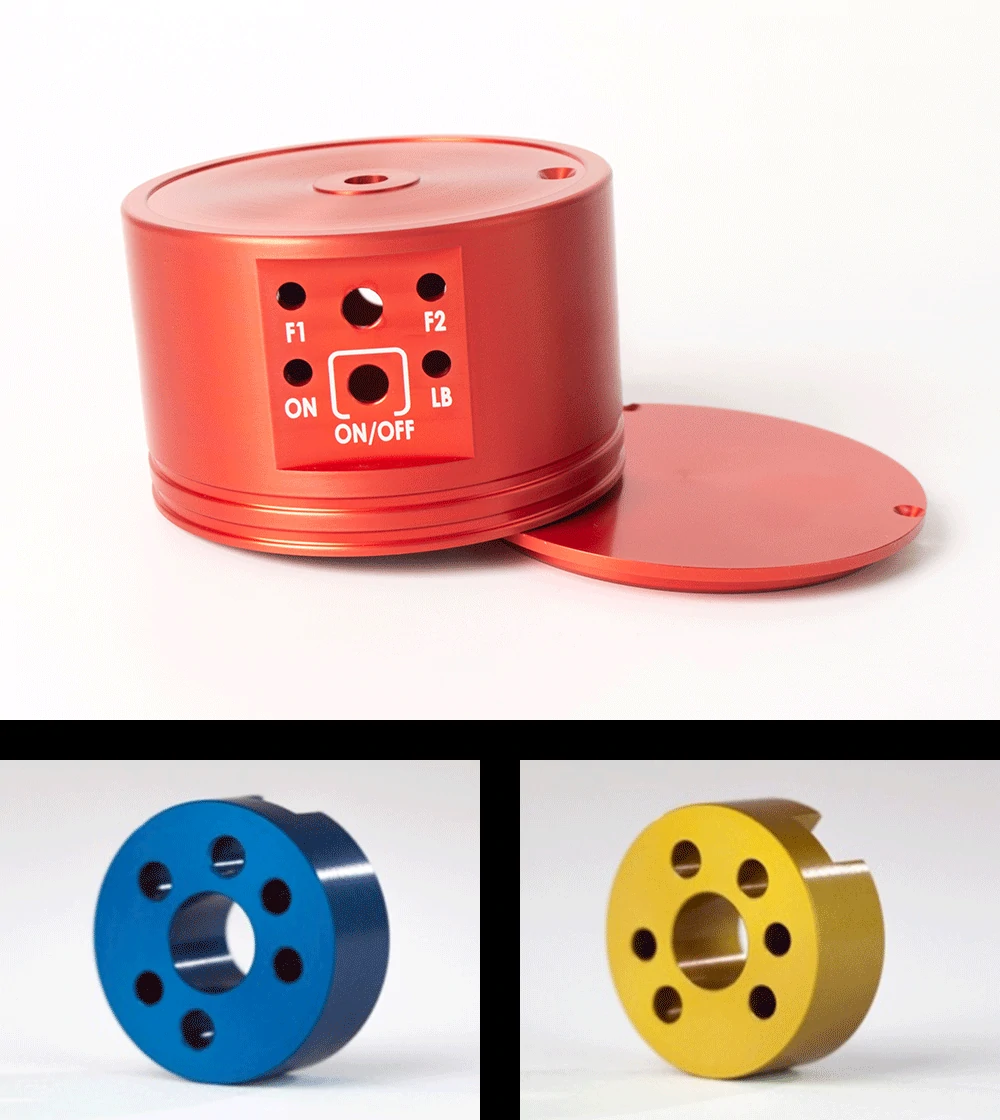
SANDBLASTING
Sandblasting is the process of cleaning and roughening the surface of the substrate by the impact of high-speed sand flow. Due to the impact and cutting effect of abrasives on the surface of the product, the surface of the product can obtain a certain degree of cleanliness and different roughness.
Applicable Materials: Aluminum, Steel, Stainless Steel, Brass, Copper
Color: Natural color of raw material
Texture: Uniform matte
Function: Improve the mechanical properties and fatigue resistance of the product, and increase the service life of the parts
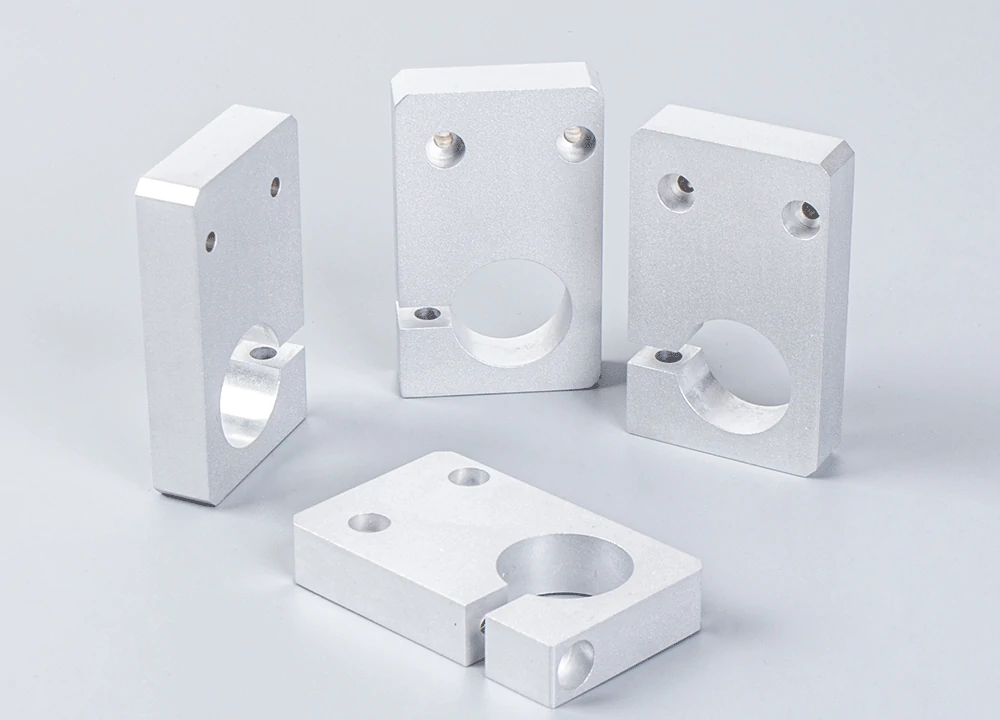
PAINTING
Painting refers to the surface coating processing of industrial products. Spray the specified color according to the customer's ments.
Applicable Materials: ABS,PC,PMMA,Aluminum,Stainless steel
Color: Any RAL code or Pantone number
Texture: Uniform gloss or matte
Function: Improve the appearance of the product, and extend the service life of the product through an extra layer of protection.
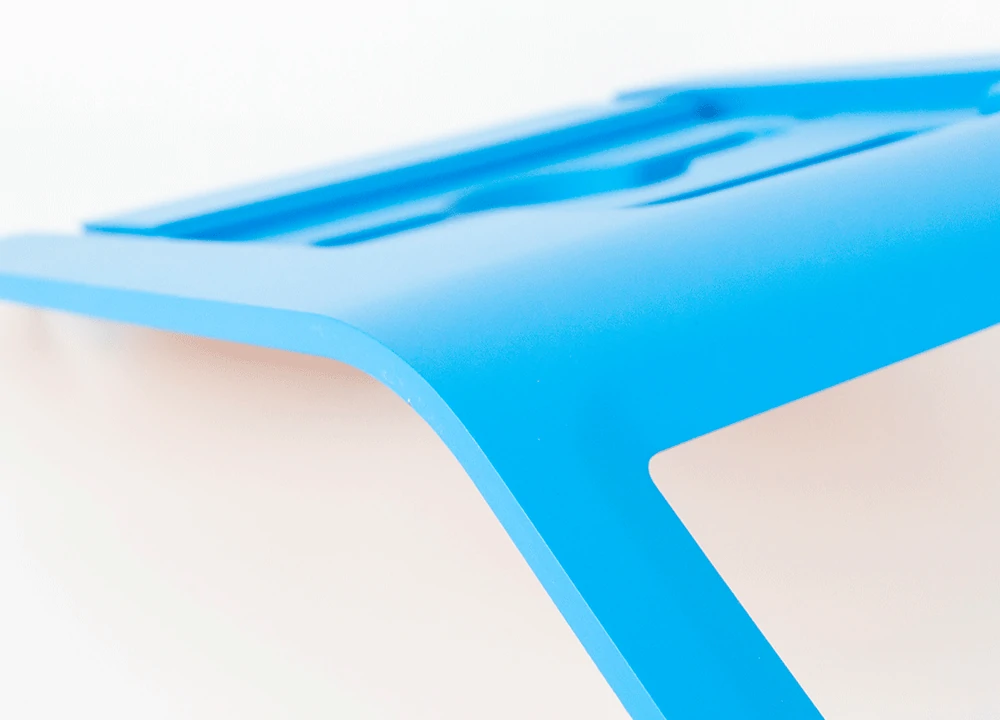
POWDER COATING
This is a coating process that uses corona discharge to make powder coatings adhere to the product. A wide variety of colors are available to create the desired aesthetic.
Applicable Materials: Aluminum, Steel, Stainless Steel
Color: Any RAL code or Pantone number
Thickness: 200-300μm
Function: Improve product appearance. Make products more wear-resistant and corrosion-resistant
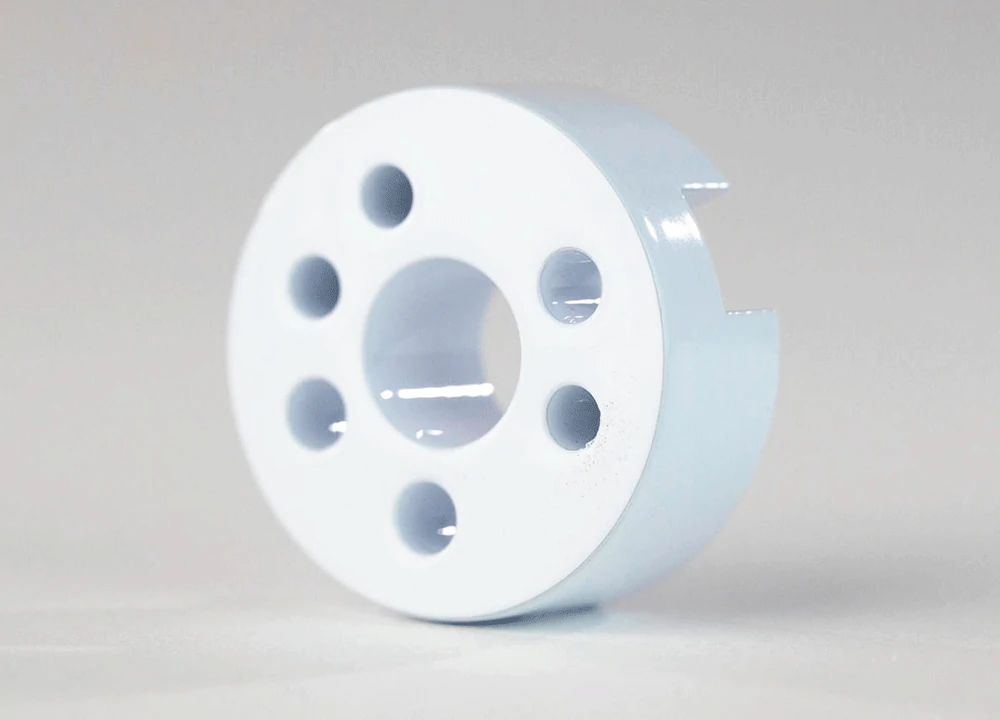
CHROMATE CONVERSION COATING
It refers to the treatment method of chemically reacting metal with chromate to form a stable chromate film on its surface.
Applicable Materials: Aluminum
Color: Clear, Yellow
Applications: Tools, hardware, electrical systems
Function: Increase the corrosion resistance of product while maintaining their conductive properties.
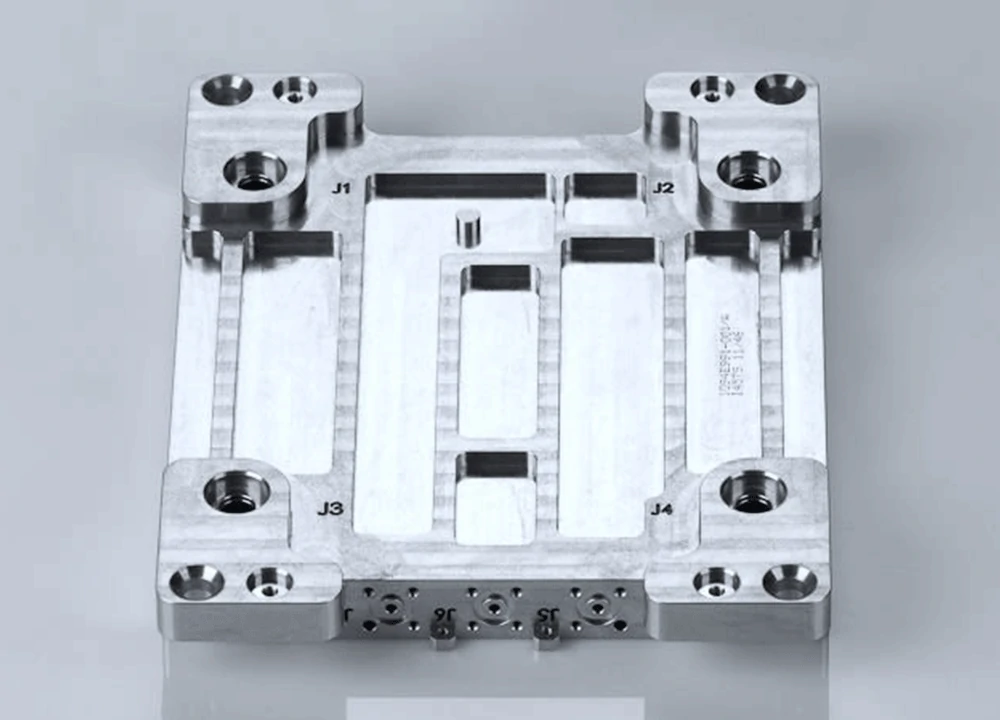
PASSIVATION
Passivation refers to the process in which the metal is oxidized by a strong oxidant or electrochemical method to make the surface into an inactive state.
Applicable Materials: Steel , Stainless Steel
Color: Natural color of raw material
Texture: Smooth glossy finish
Function: Make products more corrosion-resistant. Increase the service life of the parts
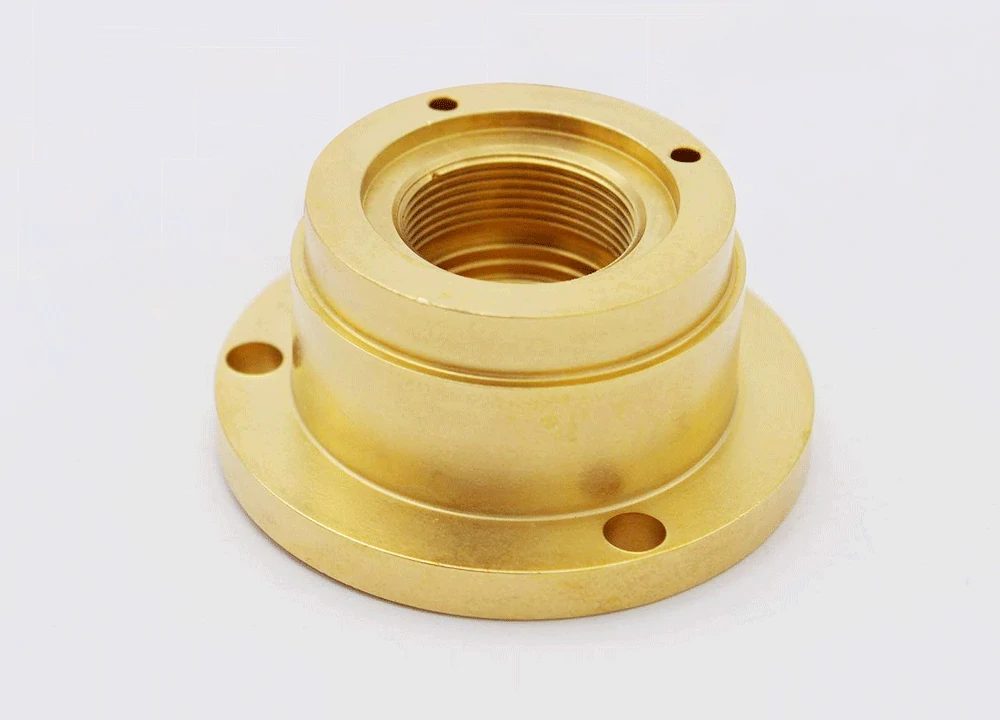
ZINC PLATING
This process is done by coating the part in a flux and dipping the part into molten zinc. The molten zinc forms a bond with the steel, creating a protective layer on the surface of the part.
Applicable Materials: Steel, Stainless Steel
Texture: Smooth finish
Can be applied with: Sandblasting, Passivation
Function: Prevent product surface oxidation or corrosion
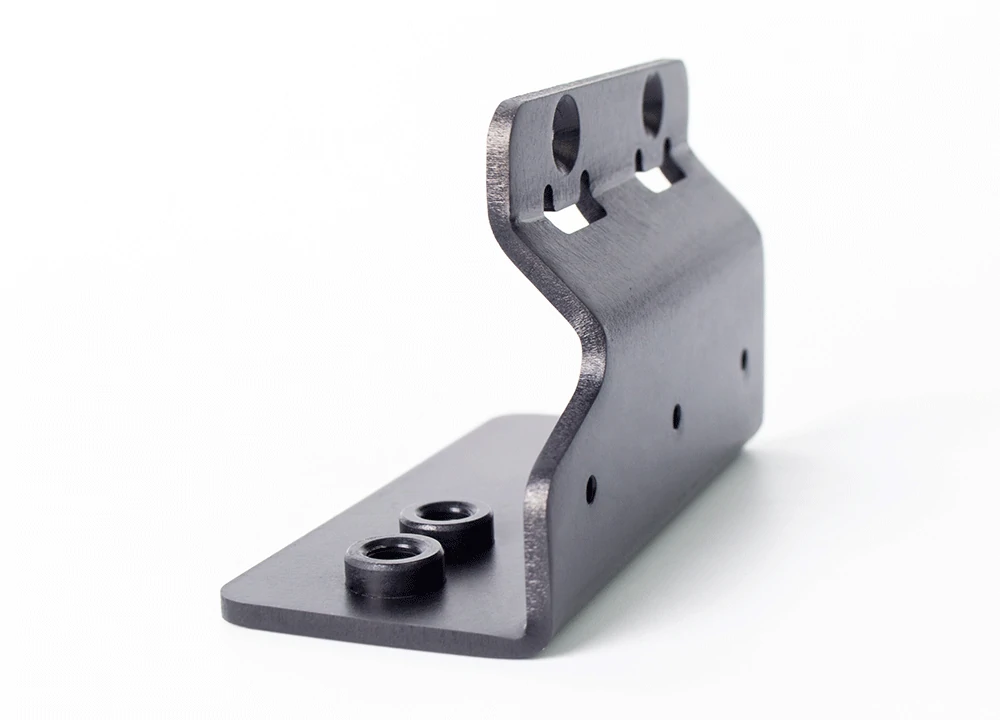
NICKEL PLATING
Nickel plating is a process used to electroplate a thin layer of nickel onto a metal part.
Applicable Materials: Aluminum, Steel, Stainless Steel
Texture: Smooth finish
Can be applied with: Sandblasting, Painting
Function: Make the product resistant to corrosion and abrasion, as well as for decorative purposes
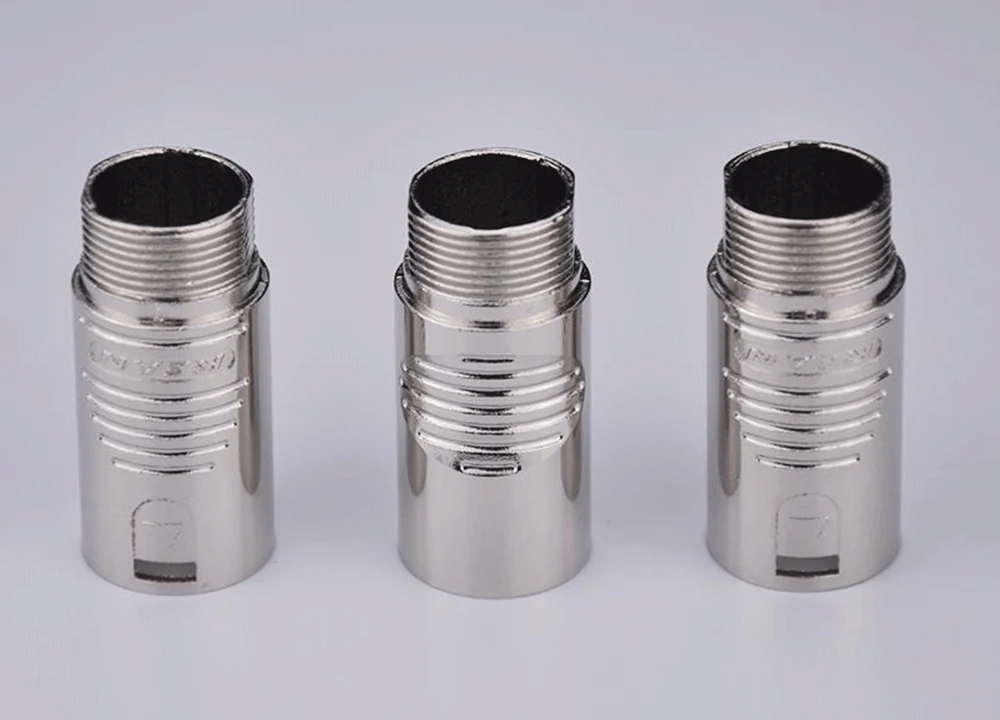
ELECTROPOLISHING
Electropolishing is an electrochemical process used to clean metallic surfaces and reduce micro-roughness of stainless steel parts. Useful to remove a thin (up to 10μm) layer of material.
Applicable Materials: Steel, Stainless Steel
Texture: Smooth, glossy finish
Color: Natural color of raw material
Function: Improve surface finish
